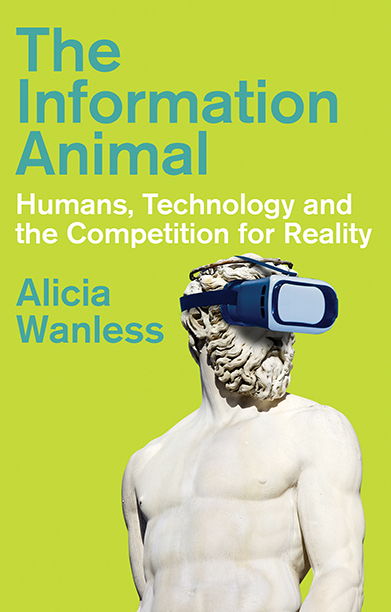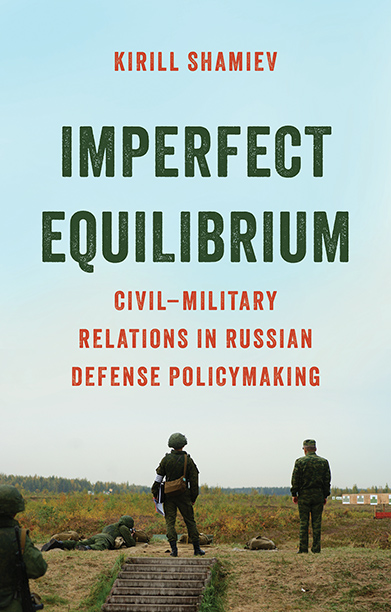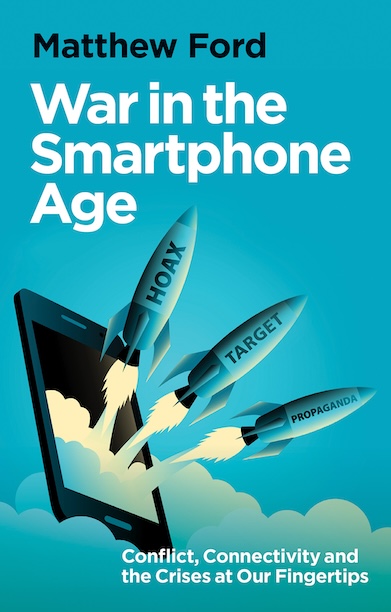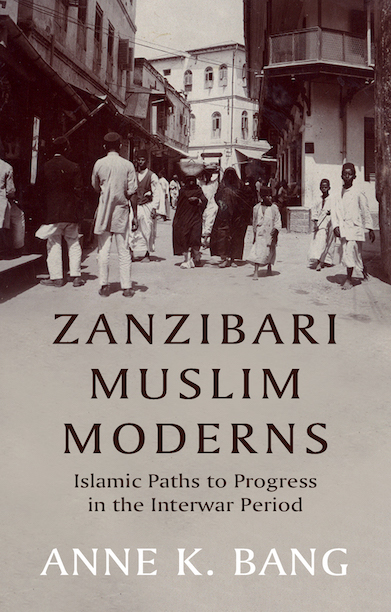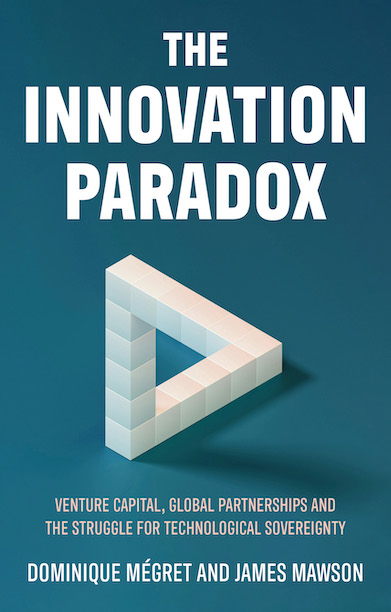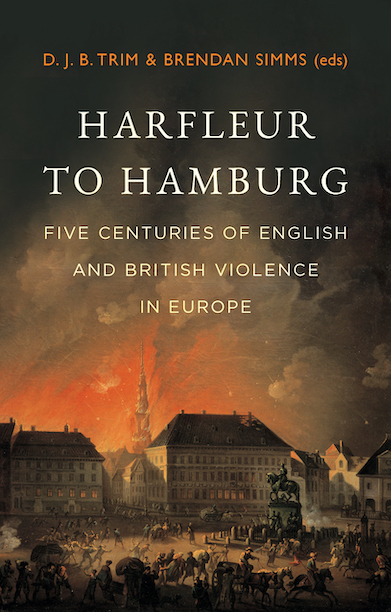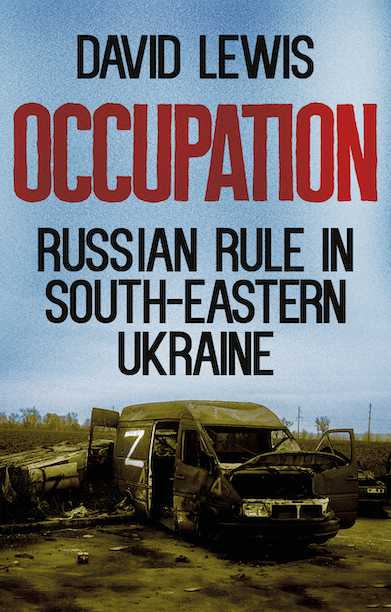The Information Animal
Humans, Technology and the Competition for Reality
Humanity has always craved, and feared, information. How should we understand our enduring, ever-changing relationships with technology and knowledge?
Description
Depending on the news you read, new tools like AI will either save or destroy us. But our response to emerging technology’s ‘unprecedented’ threats actually follows a pattern as old as civilisation. From ancient Athens to COVID-19, social media to spam, Alicia Wanless shows how humans have always consumed information, whether accurate or not.
First a new technology changes how information is shared, broadening its availability and accelerating how fast it travels. Then, as more people engage with this new content, fresh ideas arise, often challenging prevailing beliefs. Some use the new tools to promote their views, win power or simply profit, adding to the mounting information pollution. Competition and conflict follow. We scramble—in vain—to control information flows and use of the new technology.
With democracies worldwide lurching from crisis to crisis, knee-jerk reactions to information conflict won’t suffice. What’s needed is an understanding of our nature as ‘information animals’, in a millennia-long relationship with technology—and of how a content-saturated world impacts the political battle for hearts and minds.
Reviews
‘A rich historical analysis and innovative framework for understanding how humans and technology shape each other through the spread of ideas. Coming at a critical time, it is an essential guide for how democratic societies can navigate the information challenges of today and the future.’ — Mariano-Florentino Cuéllar, President of the Carnegie Endowment for International Peace
‘A sharp, essential guide to understanding the information environment before trying to fix it. Cutting through the noise, she makes a compelling case: before we tackle disinformation or tech-driven disruption, we must first grasp how information ecosystems really work. A foundational text for anyone wanting to understand the information environment—and beyond.’ — Marie-Doha Besancenot, NATO Assistant Secretary General for Public Diplomacy (2023–5)
‘Alicia Wanless does an impressive job of arguing for an entirely new way of looking at information and communication. Using a number of wonderful case studies from across the globe, throughout history, the premise of the book comes to life. Fresh, original and absorbing.’ — Claire Wardle, Associate Professor, Department of Communication, Cornell University
‘Clearly, beautifully and passionately articulated, The Information Animal makes an important and unique argument. Rich in detail and with meticulously documented case studies, it is a compelling, substantive and engaging exploration of a critically important subject.’ — Tim Abray PhD, journalist, policy consultant and former radio presenter
‘The Information Animal is an excellent piece of scholarship. With a compelling, original and well-supported argument, it is a very useful and important contribution to the literature.’ — David Scales, Assistant Professor of Medicine, Weill Cornell Medical College
‘Using an ecological metaphor to analyse corrupting influences on good information flows, Wanless shows how the former are nucleated and strengthened, and how clean information is tainted. This book should be a foundational resource for students, scholars and practitioners working on information dysfunction.’ — Herbert Lin, Hank J. Holland Fellow in Cyber Policy and Security, Stanford University
‘Smart and inventive, The Information Animal will make you ponder our human relationship to information—and its role in history, as well as the present. Wanless offers a holistic new way of thinking about the health and makeup of our “information ecosystems.” This is a timely book.’ — Kate Grandjean, Associate Professor of History, Wellesley College, and author of American Passage: The Communications Frontier in Early New England
‘Alicia Wanless is perhaps the world’s deepest thinker on the information environment, and The Information Animal is a foundational text for anyone wanting to understand the informational spaces in which we live. Don’t read it for quick-hit solutions—the latest faddish thing we should do about disinformation or propaganda. Wanless’s core argument is that we need to know how information ecosystems work before we can understand how new technologies or human actors might be changing them. It’s an argument for the development of a whole new field—one that allows us to understand the human relationship to information—so the tending of our informational gardens is based on robust understanding of how they work and what we are doing when we meddle with them.’ — Benjamin Wittes, Senior Fellow in Governance Studies, The Brookings Institution, and Editor-in-Chief, Lawfare
Author(s)

Alicia Wanless is a senior fellow at the Carnegie Endowment for International Peace, where she runs the Information Environment Project. She completed her PhD in War Studies at King’s College London, combining ecology and strategic theory in a new approach to understanding conflict within the information environment.
